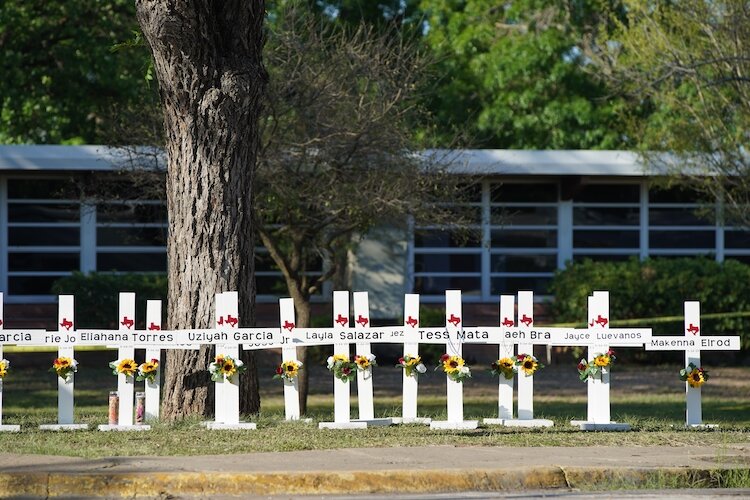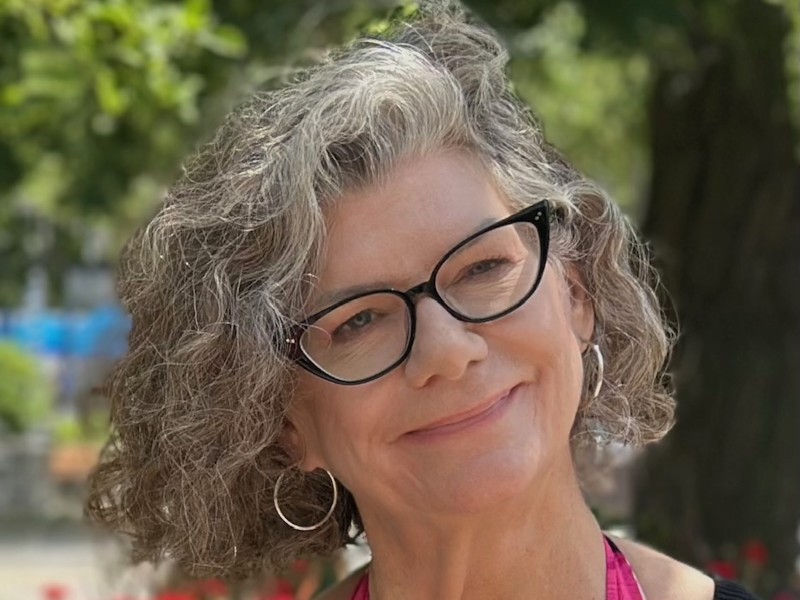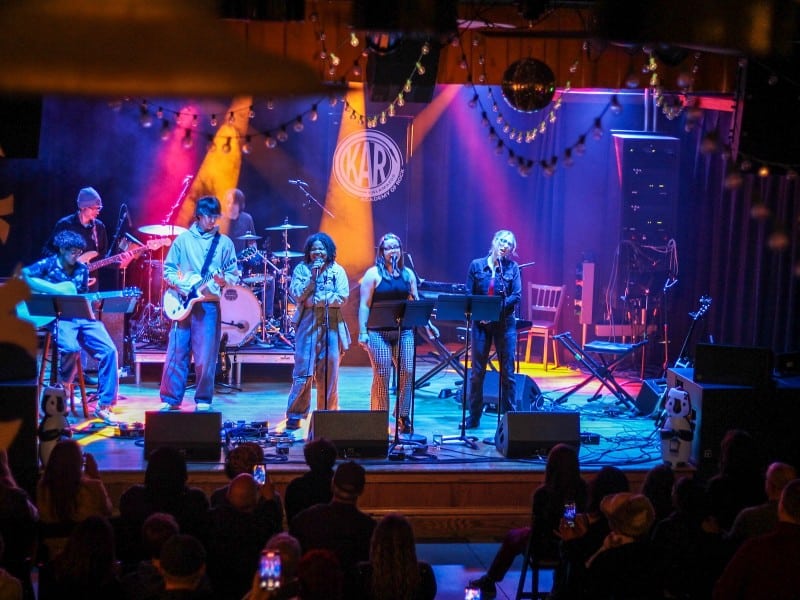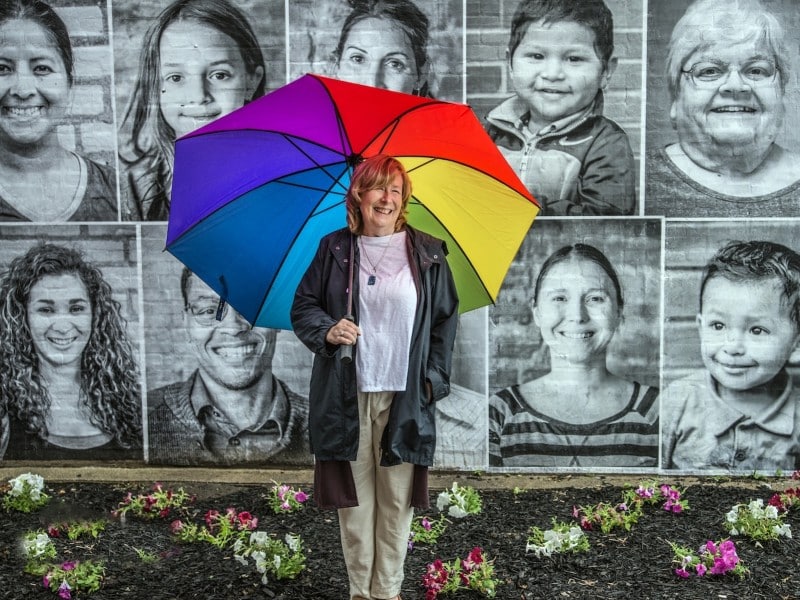Opinion: Stop blaming mental illness for gun violence
With a very few and specific (and possibly debatable) exceptions, people with mental illness are no more likely to perpetrate violence than the general population. If anything, they are far more likely to be the victims of it. In the rare cases where violent behavior is elevated, the most likely victim is the person themself.
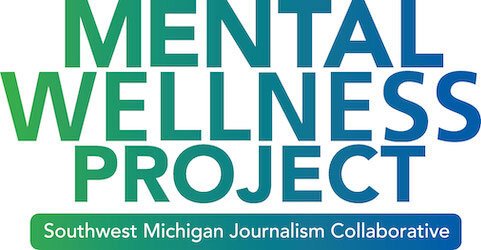
Like so many people who have expressed it more eloquently than I ever could, I was filled with grief, horror, sadness, anger, and so many other emotions at the news about Uvalde, Texas, but I was not surprised. Who could be?
These horrific events have become our “new normal” and given us all a lot to think and talk about. But what I want to focus on is mental health, because that’s my wheelhouse.
Texas Gov. Greg Abbott and others have blamed mental illness for this incident, saying “anybody who shoots somebody else has a mental health challenge.”
This is stigmatizing, discriminatory nonsense and I have a lot to say about it.
People shoot people out of hate, fear, greed, extortion, impulsivity, peer pressure, self-defense or any number of other causes that have nothing to do with mental illness.

Sometimes people make bad choices and do bad things. They fight, they cheat, they steal, they hurt other people. Does that mean they necessarily have a mental illness? Of course not. Would we say all police officers, soldiers, and others who brandish a weapon as part of their job description have a mental illness? No.
To restate it more plainly, hate is not a mental illness. Fear is not a mental illness. Racism is not a mental illness. And as far as I am aware, nothing has been released yet indicating the shooter was actually diagnosed with a mental illness. He may or may not have been at some point, but we have no evidence of this and Gov. Abbott certainly isn’t an expert on the issue.
If Abbott truly believed that treating mental illness was the key to stopping mass shootings, where is the money for proper services and support? Texas ranks dead last when it comes to access to mental health care but instead of helping his constituents, Abbott cut more than $200 million just this past April from the Health and Human Services Commission, which oversees mental health programs in his state.
I’m obviously not defending the actions of the shooter but you can’t just make up someone’s medical history to suit your own narrative.
Mental illness is not another term for despicable behavior. It has an actual meaning. Diagnostic codes even. And it’s usually treatable.
Besides, with a very few and specific (and possibly debatable) exceptions, people with mental illness are no more likely to perpetrate violence than the general population. If anything, they are far more likely to be the victims of it.

In the rare cases where violent behavior is elevated, the most likely victim is the person themself. The majority of gun deaths are by suicide, not murder.
Which leads me here: I am the director of Fresh Start, a mental health clubhouse in Ann Arbor. Clubhouses are membership organizations for people living with serious mental illness that leverage the therapeutic nature of community to support recovery.
I have worked with people with diagnoses like depression, bipolar disorder, and schizophrenia for more than 20 years in community-based clubhouses modeled after Fountain House, and I think I work in one of the safest environments of anyone I know.
I’ve seen people in disturbing states of psychosis, barely tethered to reality, but if we were ever struck by a senseless act of violence in our clubhouse like what happened in Uvalde, I would put money on the perpetrator NOT being one of our members.
Do I think that the folks I work with are kind and incredible people? I do, but that is not why I feel safe at work.
I feel safe at work because we actively and intentionally build and use community to support the development and recovery of our members.
Members and staff alike feel accepted and accountable to one another at the clubhouse because we work side-by-side as part of a team. No one is left out or ostracized. This is more important than you may think.
All human beings need to belong somewhere, whether they live with mental illness or not. We need to feel loved and supported and know that we have something of value to contribute to our community. Without purpose we lose our way; we wind up on a harmful path.
Sometimes that path leads to a shutting down, an avoidance of life rooted in a fear of rejection. Sometimes it leads to aggression and acting out in an effort to reclaim power. In the worst, most extreme cases, that aggression can become deadly.
These are normal and predictable reactions to feeling unloved, unvalued, and excluded.
I repeat, this is the expected outcome when a person, particularly a child or young person, does not receive the social and emotional nourishment all human beings need to function in society. It is not necessarily a pathology or illness, at least not of the individual. It’s what happens when we fail to let people know they matter. It’s what happens when our communities and sense of belonging wither away.
And when this truly sad situation intersects with unfettered access to deadly weapons, this is what we get. Murdered children.
Hate and fear and all the -isms and -phobias they beget are largely culturally defined. We are not born with them, we are taught them. We are inhabited by them. We are infused with them by our culture and the communities we are part of.
So perhaps when we look for the cause of these destructive behaviors we should focus less on the predictably antisocial behavior of a person who has learned to believe they don’t matter, and more on the society that taught them to believe that in the first place.
I am not absolving anyone of personal responsibility, but I am saying that if we want people to function in prosocial ways, we might try setting them up for success rather than hoping against all odds they can build resilience out of nothing.
And here’s the thing. Clubhouses don’t actually “treat” mental illness, per se. They address the social isolation that so commonly accompanies it.
I am not a clinician. I don’t do therapy with people. I don’t diagnose or prescribe medications. I don’t dissect unconscious motivations, or really do anything that is about “fixing” someone at all. What I do is cultivate an environment that facilitates meaningful and supportive relationships which promote self-confidence, self-esteem, and self-efficacy, to advance recovery from mental illness.
People living with serious mental illness often face a higher level of social isolation than the general population, sometimes due to symptoms, sometimes due to “social side effects” and stigma. But anyone can suffer from social isolation, not just people with mental illness. And it can be debilitating if not addressed.
We need a culture that fosters deep community committed to honoring and advancing the good of the whole, not at the expense of the “other.” A community that bolsters, supports, and elevates, rather than judging, dividing, and tearing down. That and functional gun laws.
Stop stigmatizing and falsely blaming mental illness and start doing something about the factors that are actually associated with gun violence. Lives depend on it.
Summer Berman is director of Fresh Start Clubhouse in Ann Arbor, a member-led community for people living with serious mental illness that’s modeled after Fountain House and part of Fountain House’s national clubhouse network.

